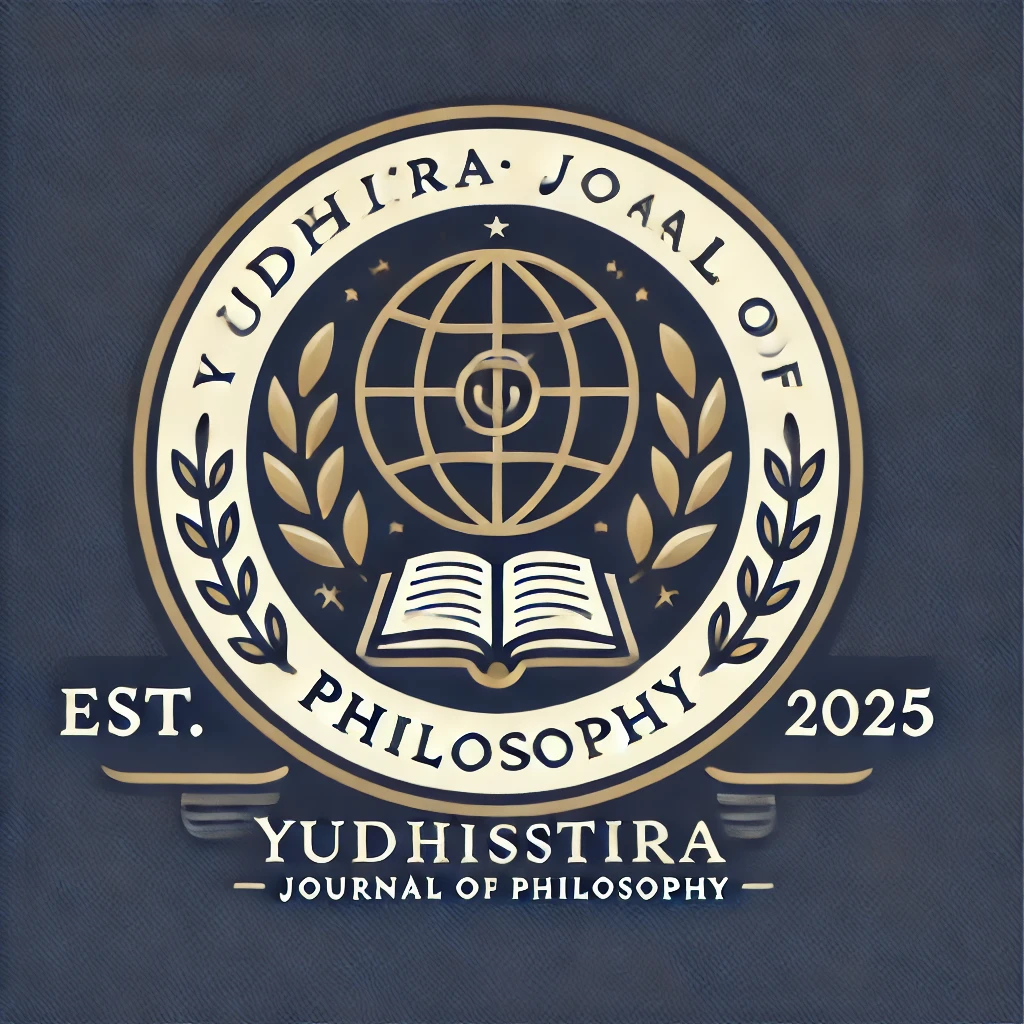EUTHANASIA DALAM PERSPEKTIF ISLAM DAN ETIKA KESEHATAN: KAJIAN FILOSOFIS DAN PRAKTIS
Keywords:
euthanasia, Islam, etika medis, bioetika, KUHP, hak asasi manusiaAbstract
Euthanasia, meaning good death, is a controversial issue involving legal, religious, and medical ethics aspects. This article examines euthanasia from the perspective of Islam and medical ethics as part of a practical philosophical study. In Islam, life is a trust from Allah, so ending life, either actively or passively, is considered a violation of religious principles. The Qur'an clearly prohibits taking life without a valid reason. Islam teaches patience in the face of suffering as a form of test, while palliative care is a more ethical solution according to religious values. In Indonesia, euthanasia is also considered illegal under the Criminal Code (KUHP), where ending life can be subject to severe penalties. From a medical ethics perspective, the principles of autonomy, beneficence, non-maleficence, and justice require doctors to protect the life of the patient. This study highlights the importance of dialogue between medical personnel, families, and religious scholars in decision-making regarding terminal cases. Rejection of euthanasia shows respect for the value of life and the affirmation that life and death are the prerogatives of Allah. This view provides a basis for Islamic bioethics to integrate spiritual values and the development of modern medicine harmoniously.
Downloads
Downloads
Published
Issue
Section
License
Copyright (c) 2025 Ayu Rahmawati, Lilik Riandita, Vita Nilna Zumzumi, Haliza Qodrunnada, Muhammad Hamzah, Arditya Prayogi (Author)

This work is licensed under a Creative Commons Attribution-NonCommercial-ShareAlike 4.0 International License.
The article will be governed by the Creative Commons Attribution license as currently displayed on Creative Commons Attribution-ShareAlike 4.0 International License.









